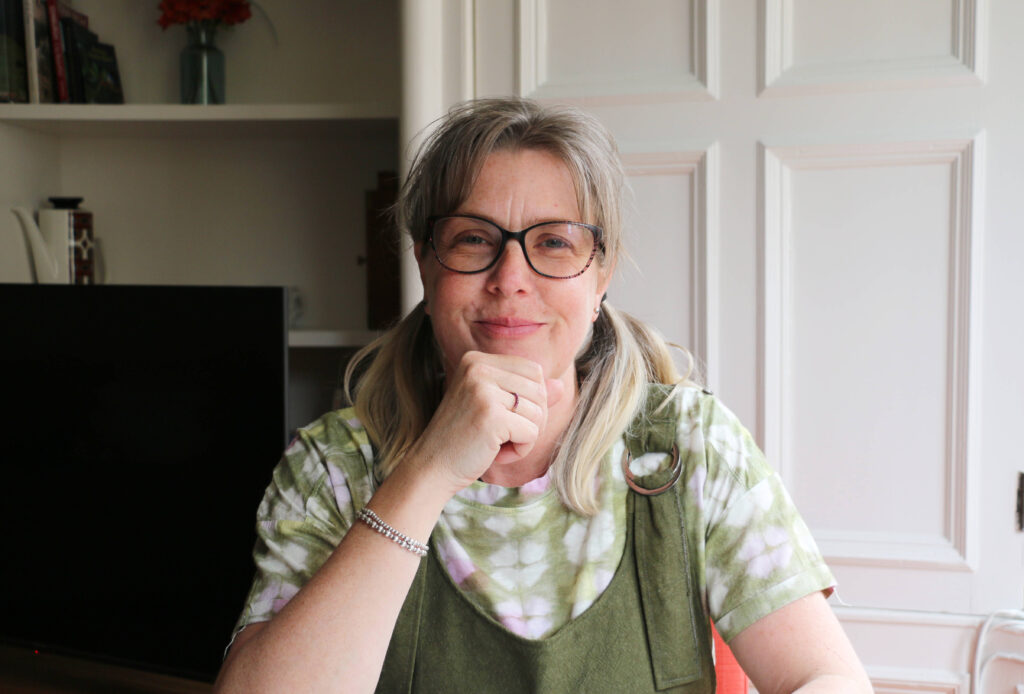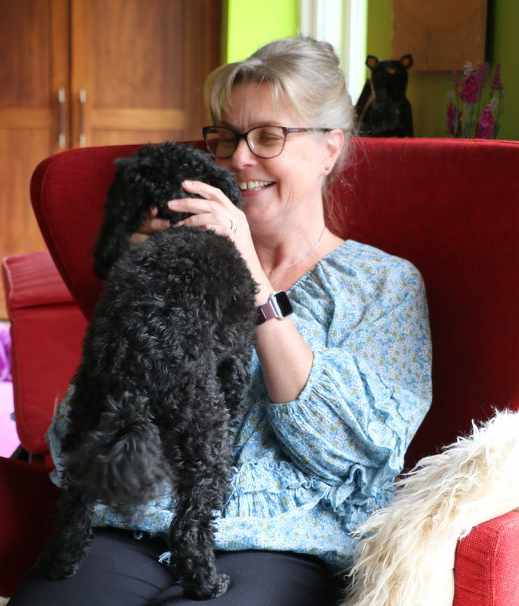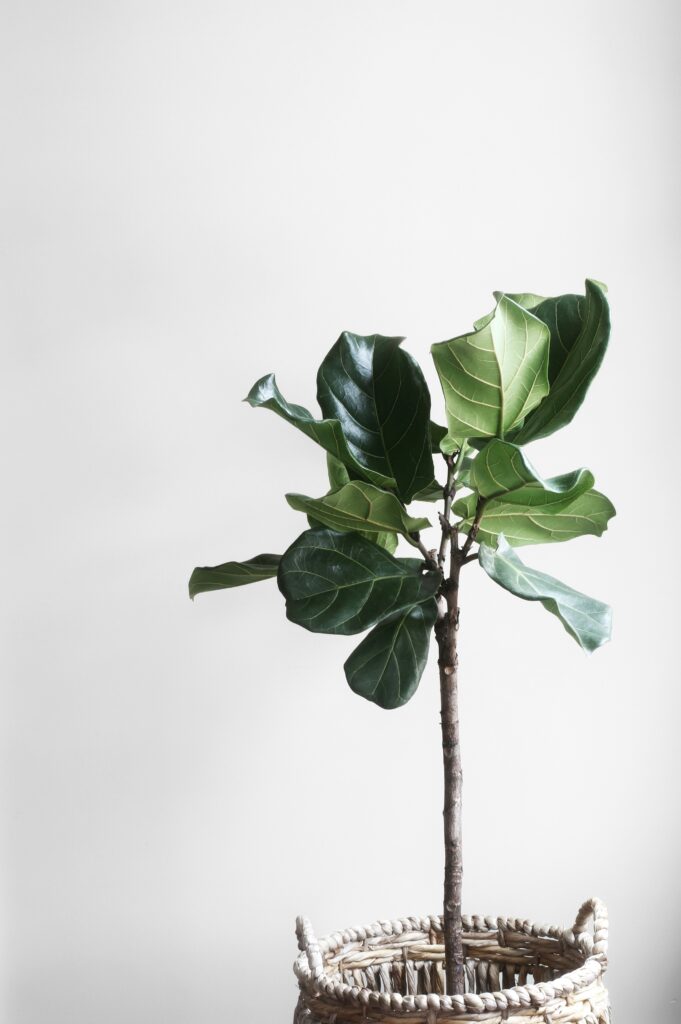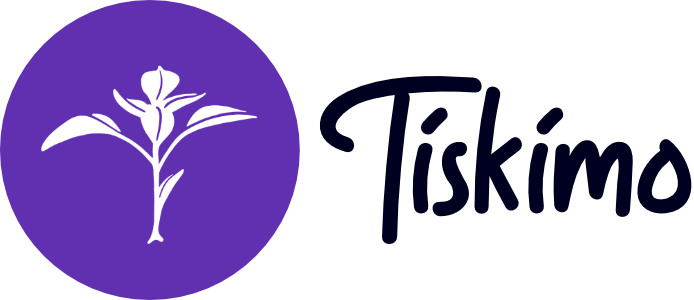About Leigh

I am a qualified coach and mentor dedicated to supporting you on your journey – whether you are exploring self-identification, navigating formal diagnosis, or embracing life beyond your neurodivergent label.
I believe
- Everyone has the right to live their best life
- We all continue to evolve throughout our lives – learning is lifelong
- Neurodivergent people might think differently and experience the world differently – we are not broken
- Everyone has unique ideas, talents, and skills to share
- And while we all have the potential to find answers within ourselves, there are times when we need support with this, and that is ok
- Coaching must be neuroinclusive


I am passionate about
- Co-creating strategies and sharing knowledge and experience to help you thrive as your authentic self
- Helping you navigate your neurodivergent journey
- Supporting you as you build upon the strengths and skills you already possess
My Values
In coaching, we often discuss values. Understanding who we are and what matters to us helps us make decisions that feel right. Values are like an internal compass we can use to help focus our efforts and prioritise what is important to us.
When I did values work with my own coach, it helped inform my choices as I retrained and set up my coaching business. Our core values influence the way we show up.
Here are a few from my top 10:
Honesty, Learning, Family, Justice, Service


My Story
While I ‘got by’ for 40+ years, life could be exhausting, anxiety-provoking and, at times, overwhelming.
Then, through investigating and understanding my neurodivergent identity, I gained a new language, new insights, tools and strategies, as well as an opportunity to reframe both my past and my present. I am not exhausted anymore.
I am AuDHD (Autistic and ADHD) and dyslexic. I know what it is to struggle with feeling different and to feel so overwhelmed at times that meltdowns or shutdowns are inevitable.
I have wrestled with having special interests that others do not understand. I have sensory sensitivities, which can make the world feel overwhelming, temporarily impairing my executive functioning.
I developed complex masks to fit in, lived with a constant fear of “being found out” (for what, I was never entirely sure), and existed in a perpetual state of hypervigilance.
Post-diagnosis was a real rollercoaster journey, and for a time, I struggled. Decades of trying to fit in without understanding why I felt different had left me with low self-esteem, and with an identity shaped by relentless masking, I no longer knew where the façade ended and my true self began.
So, I know firsthand how overwhelming it can be to learn something new about yourself and turn to the Internet only to encounter negative narratives – from harmful “cure” rhetoric to ableist, dismissive comments like “we’re all a bit Autistic”.
Like many, I became entangled in the biomedical model, which focuses on deficits and frames diagnostic labels through an incredibly limiting lens. Without support, this transition was not only challenging but also profoundly isolating and traumatic, taking several years to untangle and rebuild.
Fast forward a few years, and as my confidence and wellbeing improved, and with the help of a neuroinclusive coach, it was from this personal experience that I knew I wanted to refocus my career – I retrained to support others through this often painful transition. I offer personalised 1:1 coaching as well as more structured coaching programmes, developed specifically in response to this.
There is no reason why neurodivergent people should not live happy, fulfilling lives. Sometimes it takes more support, and that is ok.
My Coaching Style
A calm, safe space
I am a neuroinclusive coach. I aim for our sessions to be a calm, non-judgmental space where you can be yourself, reflect, inquire, and grow at your own pace. I prioritise creating an environment where you feel supported to explore who you are and what you need to thrive.
I believe it is essential you feel empowered to recognise that moment-to-moment factors, both internal and external (such as sensory sensitivities and your unique energy drains from earlier in the day), may influence how you engage in our sessions. It is important you feel able to express this so we can adjust the intentions for your session accordingly.
A strengths-based approach
I take a strengths-based approach to our work together. This means identifying and using existing abilities, talents, cognitive patterns, and strategies, as well as reframing skills that may have been misunderstood in the past. For example, a childhood label like “she’s so bossy” might actually reflect early self-advocacy – a coping strategy for managing sensory overwhelm.
This approach does not ignore the real challenges we can face as neurodivergent people in a world that often misunderstands or fails to accommodate our differences. Society’s norms around physiology, learning, and behaviour often overlook our unique needs. The neurodiversity model underpins my practice – helping you embrace your strengths while addressing the real obstacles in your path.
Curiosity as a catalyst
At the heart of my coaching is curiosity.
I believe you already know a lot about what makes you tick. Our relationship is about being even more curious. Together, in working out what drives you and what might be holding you back, we can uncover your unique strengths and values alongside your challenges. That space for curiosity will help you carve out a way forward that feels authentic and sustainable.
Through careful encouragement and exploration, I help you gain insight into thoughts, feelings, behaviours and opportunities you might not yet have recognised.
Integrating Polyvagal theory
Understanding our nervous system is central to understanding how we process stress, relate to others, and access a sense of safety.
Understanding polyvagal theory and learning somatic approaches is one way to help you recognise and regulate your physiological states, creating the conditions for meaningful self-awareness, choice, and change.
For neurodivergent people, this integration supports a deeper connection between body and mind, reduces overwhelm, and builds resilience from the inside out.
Celebrating Uniqueness
“When you have met one autistic person, you have met one autistic person”
This is an oft-used quote by Dr Stephen Shore and is repeated for a reason: it is a succinct truth.
Your thinking, learning, and processing bring both challenges and powerful strengths. Your individual profile is yours alone and deserves to be honoured.
You may have heard the term ‘spikey profile’. It doesn’t mean someone is difficult; it describes the uneven pattern of strengths and struggles across different areas of functioning. While some people show steady abilities, neurodivergent people often have noticeable highs and lows, sometimes referred to as ‘spikes’.
I share this because society tends to value conformity, consequently, it often focuses on areas where people struggle and overlooks areas where they shine.
In coaching, I centre on your experience – what matters to you, how you feel, and what you want. Together, we shift the focus from ‘fitting in’ to valuing who you are. We embrace your spikiness and set aside limiting labels to focus on what you truly want from coaching.
Neuro-inclusive coaching has many benefits of which this is just one.
Grounded in the Neurodiversity and Social Model
My approach is deeply rooted in the Neurodiversity model, which advocates that thinking, learning, and processing differences are a normal part of human diversity and that each person’s profile is different from the next. The model stresses the importance of celebrating differences and acknowledging strengths as well as challenges.
I also draw on the Social model of disability, which highlights how current societal structures and systems can dis-enable a person. Consequently, the model stresses and normalises the need for reasonable adjustments.
While I recognise the role of the Medical model within our current systems and structures, I view it as a ‘necessary evil’. Something to understand all the while conscious that it takes a deficit approach and, while prevalent, is not complete and should not define or limit our identity.
There is a blog for more on this.
It is very important that a coach understands the implications of and differences between these different models and the way society views and interacts with you. This is yet another way in which neuroinclusive coaching is different and transformative.
A Balance of Coaching and Mentoring
Traditional coaching often emphasises the belief that the ‘thinker’ holds all the answers. While I respect this approach, I’ve seen how years of masking, microaggressions, and societal misunderstandings can erode confidence in our own intuition.
With this in mind, I may introduce elements of psycho-education, sharing insights, tools, or frameworks that may resonate with and support your journey. You will always have the choice to engage with these or set aside this information – personal preference means no single tool or strategy suits everyone. Often, it is about discussing ideas, seeing if they are of interest, and then deciding whether or not to experiment. A neuroinclusive coach recognises that different learning profiles can have a significant impact not only on the accessibility of a tool or strategy but also on how likely it is to become embedded as a practice.
For example, my coaching supervisor once suggested we tackle a challenge I brought to the conversation using role-play. I did not feel comfortable with this; however, when she proposed an alternative coaching tool called ‘chairs’, I jumped at it – the technique could tackle the same issue but in a way I felt comfortable engaging with.
I will encourage you to push back in the same way.
Learning from my own lived experience
As someone who is AuDHD and dyslexic, I understand the shared language and many of the nuances of neurodivergent experience. This lived experience informs my approach.
In particular, I am mindful of how language shapes our self-perception and ensure my coaching avoids harmful narratives. For example:
- Encouraging someone to “drop the mask” without acknowledging the risks and context of doing so ignores why those masks were developed in the first place
- Framing coaching around “change” can perpetuate the idea that we are broken and need to be fixed
You will never hear me say: “can you just…”


My Credentials
I bring a strong professional foundation to my coaching practice, holding a Bachelor of Science in Human Psychology, an ILM Diploma in Effective Coaching and Mentoring, accredited by the ‘big 3’ (ICF, EMCC, and AC), an ADHD Coaching Diploma. Further training in Trauma awareness (CALM), Neuroinclusive coaching (ICF CCE), Level 3 Adult Safeguarding and Mental Health Awareness training.
One of my core values is ‘learning’, and I am constantly adding to my knowledge base through webinars and workshops, most recently:
- Science behind stress and cortisol
- The body and Polyvagal theory
- Psychology of Autistic Burnout
- Neurodivergence and life stage
Over the past 10 years, I have mentored neurodivergent people and their families, supporting newly the diagnosed as they navigate their diagnoses, or their parenting journeys as they navigate educational systems and healthcare structures on behalf of their neurodivergent children.
Being AuDHD and dyslexic myself, I understand firsthand the challenges and strengths which can come with being neurodivergent. And my connections with neurodivergent family and friends – both diagnosed and self-identified – further enrich my understanding of diverse lived experiences.
This blend of professional credentials, personal insight, and years of hands-on mentoring and now coaching allows me to offer compassionate, informed, and empowering support tailored to your unique needs.
In my book The Undercover Autistic: Navigating your diagnosis, I combine research, my expertise and the authenticity of my own diagnostic journey, sharing information and insights grounded in both research and lived experience about the impact of identification and strategies to help.
I adhere to the Global Code of Ethics for Coaches, Mentors, and Supervisors, which sets the standard for best practices in our profession. This code, jointly created by the Association for Coaching and the European Mentoring and Coaching Council, provides comprehensive guidelines to ensure ethical and professional excellence. As part of this, I have my own supervisory coaching relationship, ensuring I am in the best place myself when supporting you.


